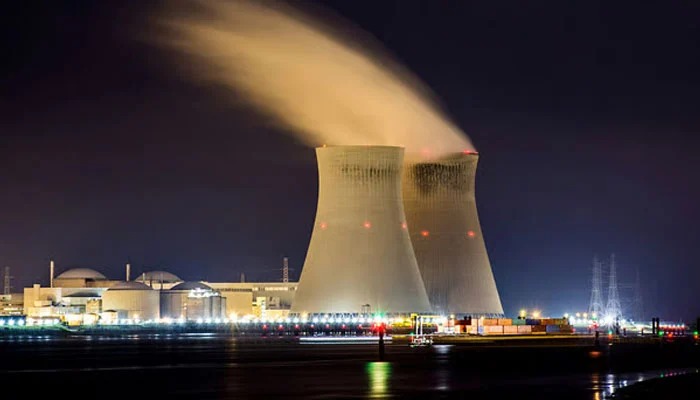
News Desk
BEIJING: China has claimed a major breakthrough in the pursuit of clean nuclear energy, surpassing the United States after nearly 15 years of research.
Chinese scientists at the Shanghai Institute of Applied Physics, part of the Chinese Academy of Sciences, have successfully demonstrated the conversion of thorium into uranium using a molten salt reactor, opening a pathway to virtually limitless nuclear energy. The experimental two-megawatt thorium-based reactor was built in the Gobi Desert, marking a historic achievement in nuclear research.
According to the academy, the experiment is a first step in proving the technical feasibility of using thorium resources in molten salt reactor systems. The project began in 2011, while the US had initiated similar research in the 1960s with a small test reactor but did not continue it. South China Morning Post reported that lead scientist Xu Hongji described the Chinese effort as picking up where US research left off, developing the technical mastery required to implement it successfully.


